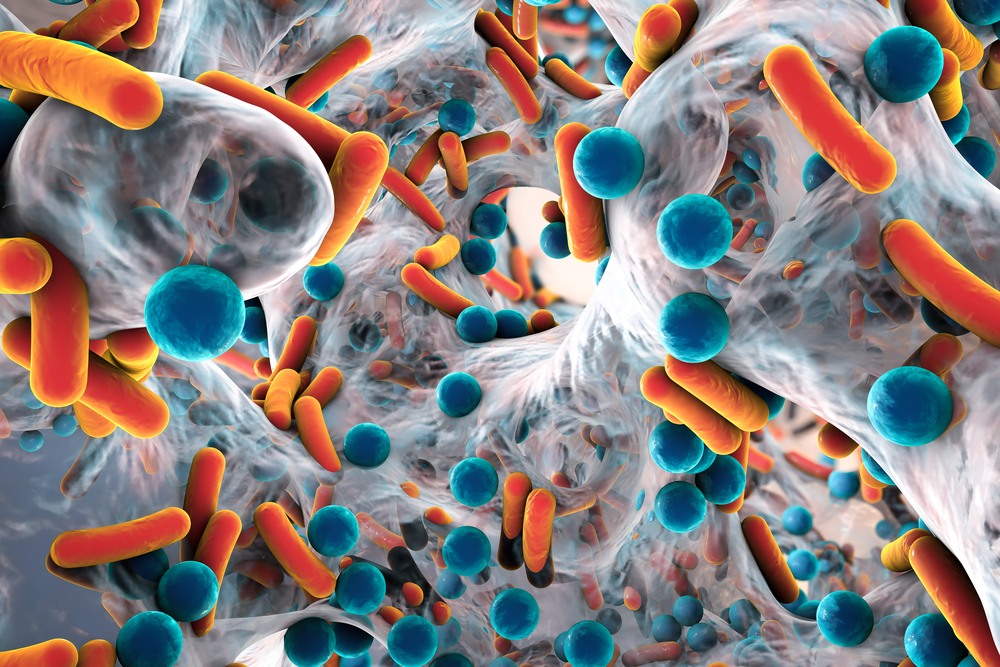
Scientists at the Center for Sepsis Control and Care at the University Hospital Jena and Friedrich Schiller University are currently developing a new, rapid test of antibiotic resistance.
Existing diagnostics for such infections can take up to 72 hours to get results. Time can be a crucial factor, though, and this can lead physicians to respond essentially blindly in the meantime–and while they might save a life, their efforts could aid the development of new resistances, according to Michael Bauer, director of the Clinic of Anesthesiology and Intensive Care at the University Hospital Jena. His compatriots of the Leibniz-Institute of Photonic Technologies hope for a cheaper alternative that will get an analysis done in just three hours.
“We combine light-based analytical methods with microfluidic sample processing,” professor Ute Neugebauer, project manager, said. “With our Lab-on-a-Chip system, thus a miniaturized lab, we are able to clearly identify bacterial strains and their resistances, in less than three hours”.
The test works by fixing electrodes on the surface of stamp-sized chips use electric fields to secure bacteria. Scientists then apply antibiotics to the trapped bacteria and examine them by irradiating them with laser light, after which they evaluate the scattered light spectrum. Using that method, professor Jürgen Popp, director of the Leibniz-IPHT and head of the Institute of Physical Chemistry of the Friedrich-Schiller University Jena, says they can already see results after two hours.
“Out of these, we can derive whether the strain is resistant or sensible,” Popp said. “At the same time, we get information on the needed concentration of the antibiotic to constrain bacterial growth. This is an important diagnostic parameter that influences the success of a treatment decidedly.”
The results of these tests were published in the journal Analytical Chemistry in February.




